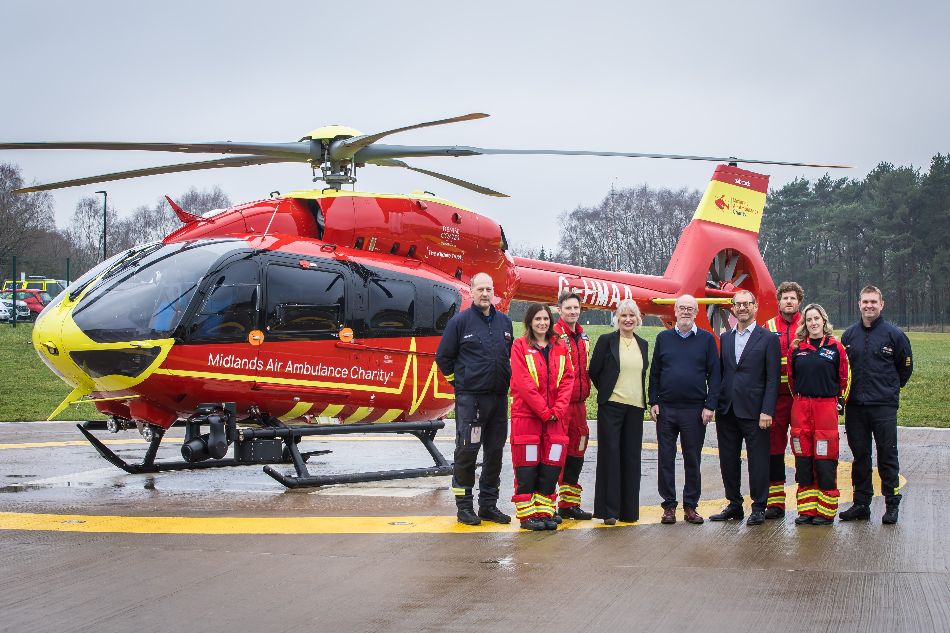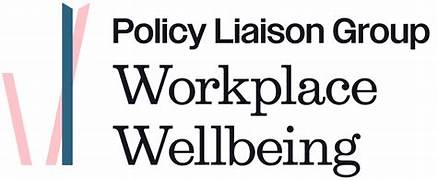Resilience is everybody’s business. All policymakers in the Caribbean must be concerned about the resilience of their national sectors amid a wide range of constantly evolving threats facing the region. The concern is however especially urgent for policymakers in the tourism sector which is simultaneously one of the most resilient yet volatile segments of the economies of small island states. the risks facing tourism are indeed dynamic.
They are traditional as well as non-traditional. They range from natural disasters to made-made disasters such as climate change to epidemics and pandemics to terrorism to the emerging threat of cybercrimes.
Despite the presence of these threats, The IDB Action Plan for Latin America and Caribbean has noted that with a few notable exceptions, the region has not pursued policies that reflect an understanding of its vulnerabilities and that identify actions to redress them. It noted a lack of comprehensive capacity building for disaster and emergency preparedness and response.
As we move forward indifference to the potentially existential threats facing the region’s tourism sector can no longer be the order of the day. Mitigation and resilience will require Caribbean destinations to engage in proactive planning against anticipated disaster risks rather than repeatedly being caught reacting to events as they occur. This would demand greater levels of coordination, collaboration and integration between tourism agencies and local disaster management agencies to address disaster vulnerability and risk. The region’s tourism policy makers must take seriously the recommendations of the World Travel and Tourism Council that the important matters of climate change, disaster degradation and resilience be prioritized over the next several years.
Resilience strategies to protect the future of tourism in the Caribbean are especially urgent given the unquantifiable importance of a healthy and secure tourism industry to the economic sustenance of the region. As I have stated many times before the Caribbean is the most tourism-dependent region in the world with tourism being the largest generator of foreign exchange and jobs in 16 out of 28 countries in the region and the sector receiving the most FDI. A major disruption to tourism will likely devastate the economic livelihoods of millions and stymy the sustainable development of the region.
Coming out of the 2017 UNWTO Global Tourism Conference held at the Montego Bay Convention Centre to mark the commemoration of 2017 as the year of sustainable tourism, the Montego Bay Declaration was adopted affirming the commitment of governments, the UN system, global and regional financial institutions and the private sector to cooperating to promote safe, secure and seamless travel and build resilience for tourism by advancing crisis preparedness and management capabilities as well as the full integration of tourism in emergency structures .
The 2017 Global Tourism Conference closed with a call for Government, private sector, donors and the international and regional organizations to support the establishment of a Global Tourism Resilience Centre in the Caribbean, including a Sustainable Tourism Observatory, to assist destinations’ preparedness, management and recovery of crises which impact tourism and threaten economies and livelihoods. On February 30, a little over a year later, this call was answered with the launch of the Global Tourism Resilience and Crisis Management Centre to be housed at The University of the West Indies (Mona Campus). The Centre is tasked with the responsibility of producing and generating toolkits,
communication strategies, guidelines and capacity building programmes to enhance assist destination preparedness, management and recovery from disruptions and crises that impact tourism and threaten economies and livelihoods in the region. The establishment of this Centre will constitute an important enabling mechanism for achieving our institutional goals of increasing the quality of the output of the global tourism product by providing outstanding support through research, action, and advocacy.
The Centre will be engaged in a wide range of activities geared towards promoting mitigation and resilience including the development of indicators to measure resilience; risk assessment mapping and planning; promoting innovation systems for climate adaptation and resilience; cross-border intelligence sharing; widespread training and education to build capacity and promote behaviour modification;, developing a regional funding model to coordinate regional responses; fostering deepened knowledge of cyberspace policy; promoting counter-terrorism studies; developing urban resilience and building meaningful partnerships.
The Centre will act as both a practical solution facing destinations globally and an intellectual space for academics and practitioners to share information on contemporary issues in and strategies for global resilience management with the establishment of an International Journal of Tourism Resilience Management and an academic Chair in Resilience Management at UWI to develop and enhance scholarship in the area of Resilience Management for universities around the world. The Centre will also provide research fellowship opportunities for individuals seeking to either expand their knowledge or, gain experience in tourism resilience and crisis management, through postdoctoral research, and (2) internships for undergraduate and graduate students in fields of study related to tourism resilience and crisis management. Given the globally recognized importance of tourism management, the centre will certainly position Jamaica as a global thought leadership in tourism resilience and crisis management and is thus a critical development enabler for countries around the world.
















